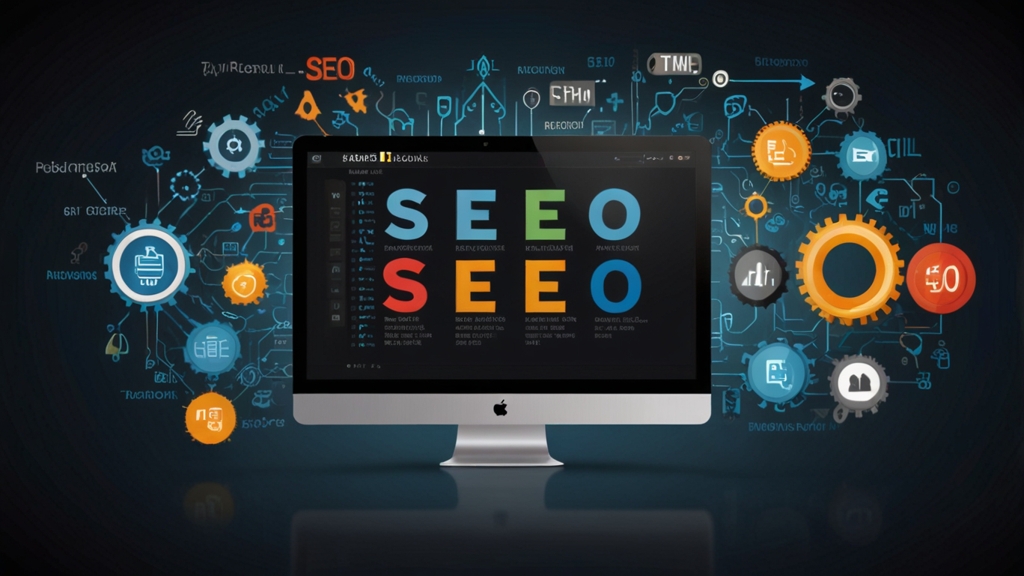The Fascinating Science of Emotional Intelligence and Decision-Making
Emotional intelligence (EI), a concept popularized by psychologist Daniel Goleman, is increasingly gaining recognition as a critical factor in personal and professional success. EI refers to the ability to understand, use, and manage our emotions in positive ways to communicate effectively, empathize with others, overcome challenges, and defuse conflict. But how does EI influence our decision-making processes? The intersection between emotional intelligence and decision-making is a compelling field of study, shedding light on the underpinnings of human behavior.
Understanding Emotional Intelligence
Emotional intelligence comprises four key components: self-awareness, self-management, social awareness, and relationship management. Self-awareness refers to the ability to recognize and understand your own emotions and how they affect your thoughts and behavior. Self-management involves controlling impulsive feelings and behaviors, managing emotions in healthy ways, taking initiative, and following through on commitments.
Social awareness encompasses the ability to understand the emotions, needs, and concerns of other people, pick up on emotional cues, and feel comfortable socially. Relationship management involves the ability to develop and maintain good relationships, communicate clearly, inspire and influence others, work well in a team, and manage conflict.
Impact of Emotional Intelligence on Decision-Making
Decision-making is an integral part of our daily lives, influencing everything from minor choices to significant life-changing events. Research indicates that our ability to make effective decisions is not solely dependent on cognitive intelligence but also significantly influenced by our emotional intelligence.
Self-Awareness and Decision-Making
Self-awareness helps us make more informed decisions by allowing us to recognize our emotional triggers and biases. When we understand our own emotional states, we can better control impulsive decisions and avoid the pitfalls of emotionally-driven choices. This aspect of EI enables individuals to reflect on their emotions before making decisions, ensuring a more balanced and rational approach.
Self-Management and Resilience
Effective decision-making often requires managing stress and maintaining a clear focus. Self-management skills enable individuals to remain calm and composed under pressure, ensuring that emotions such as anxiety or frustration do not cloud their judgment. This resilience is crucial in both personal and professional settings, where high-stakes decisions are frequent.
Social Awareness and Empathy
Decisions rarely affect only the decision-maker. Understanding and empathizing with the emotions of others are key aspects of social awareness, which enable individuals to consider multiple perspectives and potential impacts on others. This leads to more ethical and socially responsible decisions.
“Empathy is about finding echoes of another person in yourself.” - Mohsin Hamid
Empathy allows decision-makers to anticipate the reactions and needs of others, fostering collaboration and ensuring that decisions are beneficial to a broader group.
Relationship Management and Collaboration
The ability to build and maintain strong relationships is vital for collaborative decision-making. Individuals with high EI can effectively communicate their ideas, listen to others, and navigate conflicts without derailing the decision-making process. In a team setting, these skills promote a more inclusive and innovative approach to problem-solving.
“The strength of the team is each individual member. The strength of each member is the team.” - Phil Jackson
By leveraging emotional intelligence, leaders can inspire and motivate their teams, fostering an environment where collective decision-making thrives.
Conclusion
The fascinating science of emotional intelligence and decision-making highlights the profound impact that our emotional skills have on our ability to make effective choices. From self-awareness to empathy and relationship management, EI encompasses a range of abilities that together enhance our decision-making processes. As we continue to explore this intersection, it becomes increasingly clear that fostering emotional intelligence can lead to more thoughtful, balanced, and impactful decisions in every facet of our lives.






